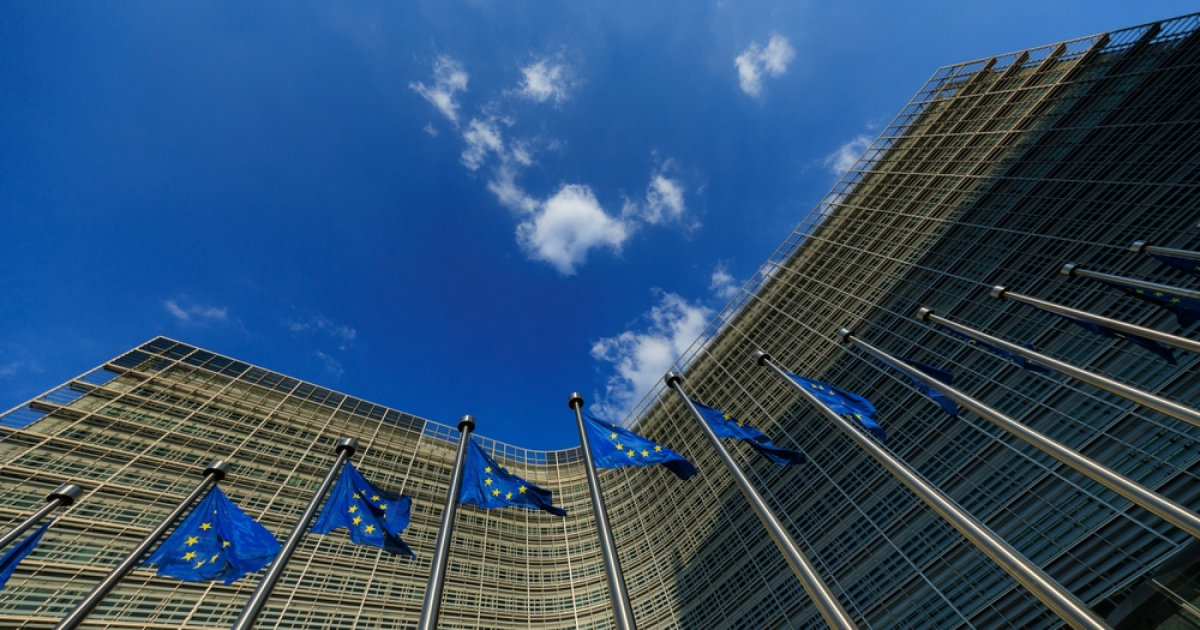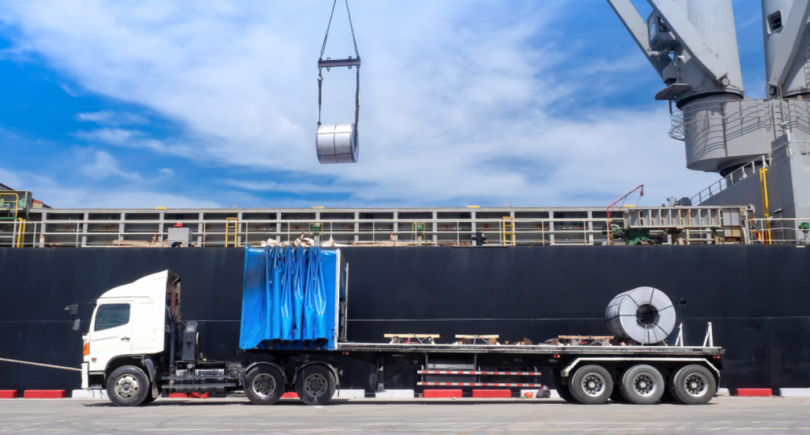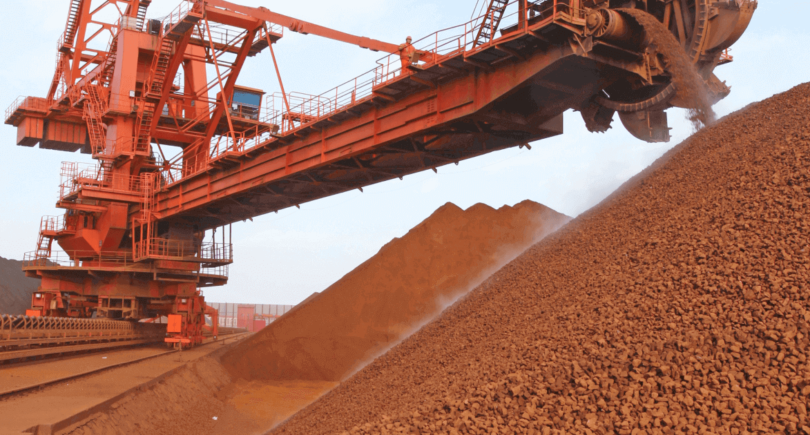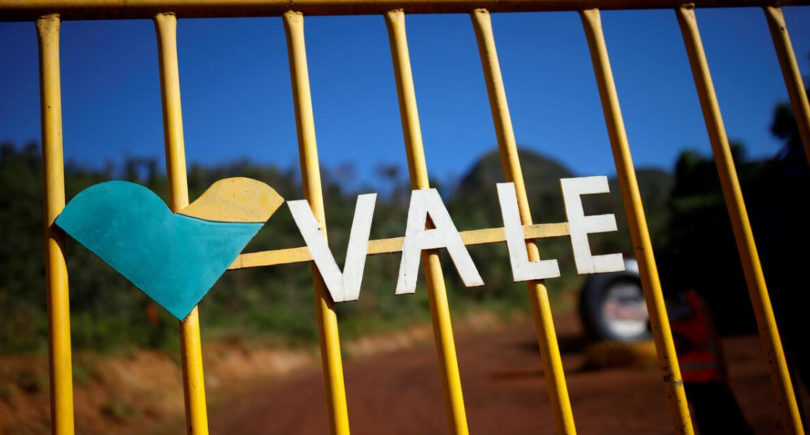
News Global Market 213 03 July 2025
The review was initiated following a request from Euroalliages in March
The European Commission has initiated a review of anti-dumping duties on imports of ferrosilicon from Russia and China. This was announced in a notice published in the Official Journal of the EU.
The review was initiated at the request of Euroalliages on behalf of the EU ferrosilicon industry, submitted at the end of March this year. The products covered by the review fall under CN codes 72022100, 72022910, and 72022990.
Anti-dumping measures on imports of ferrosilicon from China, Russia, and a number of other countries were first introduced in 2008. Subsequently, they were abolished or expired for some countries. In 2020, the EC decided to extend the duties on imports of Russian and Chinese ferrosilicon for another five years. The current review is related to the approaching expiry of the current duties.
Despite recent low import volumes from these countries, the EC notes that the existence of significant unutilized capacity in both countries and reduced sales in other markets could cause harm to EU producers.
For Russia, domestic prices were compared with export prices to third countries (India, Japan, South Korea, Turkey, and Vietnam), indicating the likelihood of a recurrence of dumping if the measures in the EU are terminated.
For China, the applicant cites Brazil as a representative country for constructing normal value. The dumping margin calculated on this basis is significant for the PRC. Given the current lack of significant imports of Chinese ferrosilicon to Europe, the applicants also provided evidence of dumping in the sale of this product for export to Japan, South Korea, and Indonesia.
Interested parties may submit comments within 37 days or request a hearing within 15 days of publication.
As GMK Center reported earlier, in December last year, the EC initiated a safeguard investigation into imports of certain ferroalloys. It was launched at the request of some member states of the bloc. It will assess whether the increase in imports of these products is causing or threatening to cause serious damage to EU producers. Its volume has grown from 1.3 million tons in 2020 to 1.6 million tons by mid-2024.




